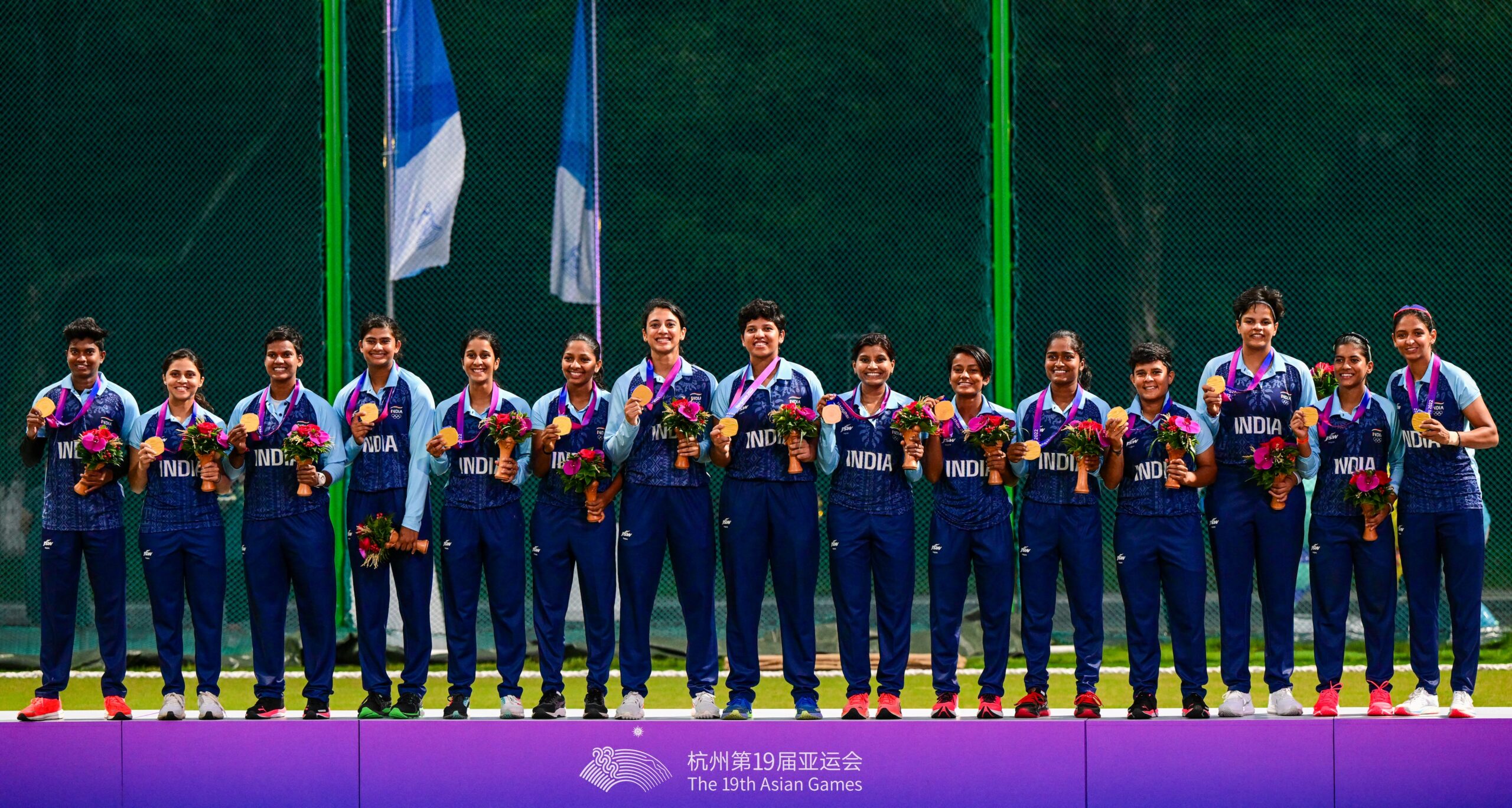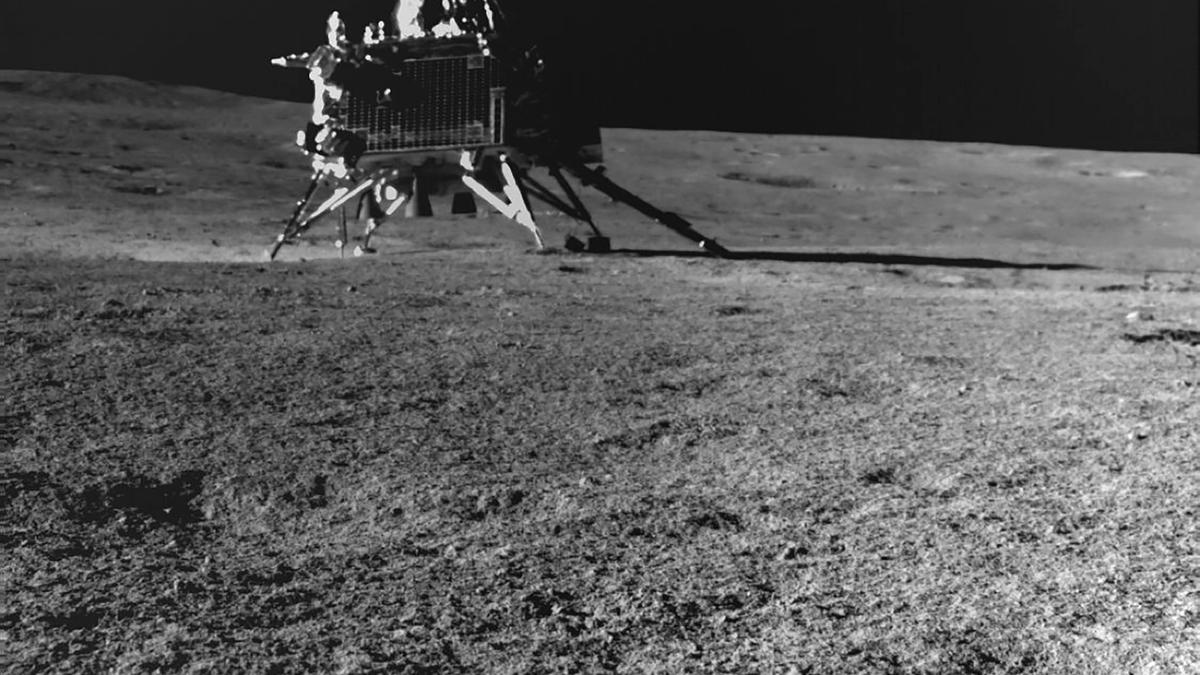Indian American lawmakers said that lecturing New Delhi on human rights issue is unlikely to work.
Washington:
Reiterating that they would continue to raise the issue of human rights in India with its leadership, Indian American lawmakers on Thursday, however, said that lecturing New Delhi on this issue is unlikely to work and they favoured entering into a conversation with the Indian leadership on their concerns with them.
“India was colonized for over 100 years. So, when we’re having a conversation about human rights, and you’re having a conversation with (External Affairs Minister S) Jai Shankar or someone else, you have to understand that just coming in from a perspective of lecturing India. When they say that we’ve had colonial powers lecture us for hundreds of years is not going to be productive,” Congressman Ro Khanna told members of the Indian American community during the “Desi Decides” Summit of Indian American Impact.
Khanna, who is also co-chair of the Congressional India Caucus, was joined by three other Indian American lawmakers — Shri Thanedar, Pramila Jayapal and Dr Ami Bera — during the panel discussion, which was moderated by Zohreen Shah, ABC national correspondent, who asked them about Prime Minister Narendra Modi’s relations with the Muslim community.
“Having a conversation (with India) saying, here are the imperfections in our democracy, what are the imperfections in your democracy, and how do we collectively advance democracy and human rights, I think is a more constructive approach,” Khanna said.
Bera said he agrees with Khanna. “I’ve said the same to the (Indian) foreign minister. If India loses its secular nation, it changes who she is as a country and how the rest of the world views it,” he said.
He also said that a Trump presidency is not necessarily the same as Prime Minister Modi being in power. “Because we still have a vibrant democracy here. We have a vibrant opposition party in the Democratic Party. We still believe in the freedom of the press and those are all things that I worry about India’s future,” he said.
“You see what’s happening to the freedom of the press. You’re not really seeing a viable opposition party or it’s being dismantled. The vibrant democracy has to have all of those things, freedom of speech, freedom of the press, the ability to push back. I hope you don’t ever see a second Trump presidency. But if that were to happen, you will see our democracy survive the first time, push back, and our democracy will survive. I certainly hope India’s democracy survives,” Bera said.
Jayapal said she agrees with both Bera and Khanna. “The only thing I would add is that I think we have to be able to critique our own country’s imperfections and any other country’s imperfections. That’s actually our job in Congress. We shouldn’t lecture, I agree with Roe (Khanna). But we do have to think about all of the United States’ interests. That is economic, for sure. India is an important partner for us. It’s an important partner because of other regional dynamics as well and global dynamics,” she said.
“It is also important for us to think about our values. Just like we criticize the Chinese government for the treatment of Uyghurs or any other country in the world, we have to be able to also look at what’s happening in India and call attention to it,” she said.
“I know that I have been called a bad Indian and all kinds of other things for raising these. But I would just say I’m not backing away from that because those are the values of the United States. Those are my values. I don’t think it means that you don’t appreciate or like or want a partnership between India and the United States to raise legitimate concerns about freedom of religion, freedom of the press, and all of the other things that we are seeing in India any more than if we raise it here it means somehow that we’re bad Americans. No, that is our job to be moving towards a more perfect union in the United States and with all of our global partnerships,” Jayapal asserted.
Thanedar said he favours a strong India-US relationship. “We need a strong US-India relationship. India historically has been playing both sides, Russia and US. But it’s time for India to commit to a strong friendship with the United States, and that’s something that I want to work on. The United States has to recognize India’s power, its economic power, and India remains the best solution to counteract China’s aggression. So, I’m just working on a strong India-US relationship,” he said.
(Except for the headline, this story has not been edited by NDTV staff and is published from a syndicated feed.)
















